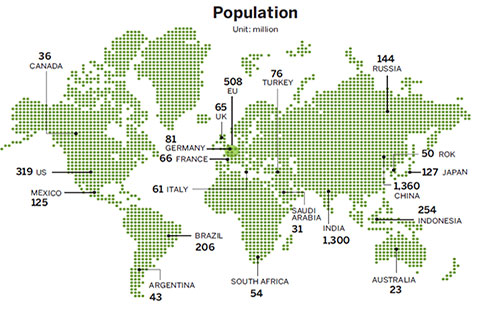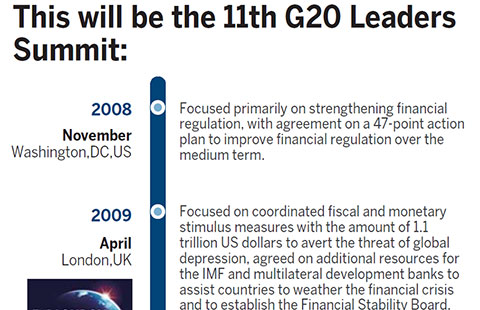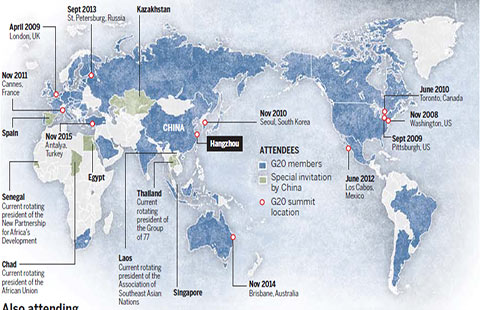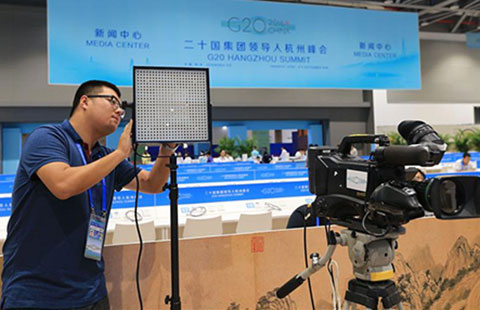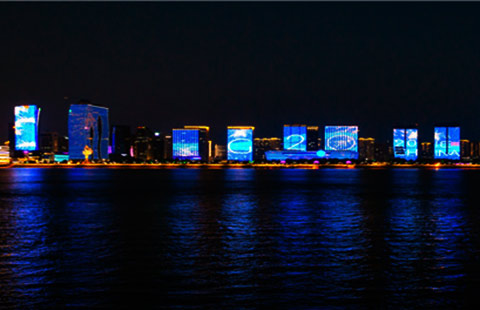Former US envoy was longtime resident of city
By Raymond Zhou (China Daily) Updated: 2016-09-01 10:37
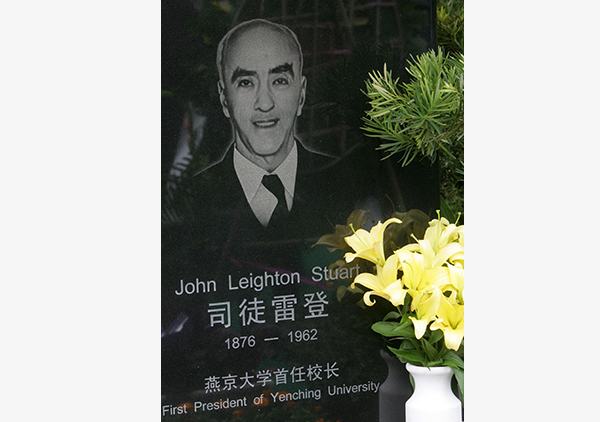 |
|
The ashes of John Leighton Stuart were buried in a Hangzhou cemetery in 2008. The former US ambassador to China was born in Hangzhou and spent 14 years of his life there. [Photo/China Daily] |
John Leighton Stuart was awarded an honorary citizenship by the Hangzhou congress in 1946 when he returned to the city for a visit. He had just been appointed US ambassador to China, a position that would put him on a path he himself could not control.
Ambassador Stuart was not airdropped from the US. He was literally a native kid, having been born in Hangzhou in 1876 and spent 14 years of his life there. It was reported he could speak the local dialect before he could speak English and his Chinese had some Hangzhou flavor. He always considered himself more Chinese than American.
Most Chinese learned of his name, the Sinicized Situ Leideng, from a Mao Zedong article from 1949 where he was viewed as "a loyal agent of US cultural aggression in China". That was the year he left China for good. He died in the US in 1962.
It was only in recent years that ordinary people have discovered the other side of Stuart, the side apart from his official position as the last US ambassador before New China. Prominent among his contributions was his success in turning Yenching University from a school of 94 students to a top institution of higher education in China.
Even though the school existed for only 33 years, it was a cradle for China's top scientists and journalists. Ninety percent of Chinese journalists stationed overseas during World War II were Yenching alumni.
Stuart built the Yenching campus, currently home to Peking University, with traditional Chinese architecture, but he adopted a very Western approach of teaching, encouraging equal and amicable exchanges between teachers and students.
After Beijing fell to Japanese occupation, Stuart refused to fly the flag of the puppet regime or offer "thanks" for Japanese "liberation". He was arrested and put in jail for three years and eight months until the end of the war.
Many of his Yenching students ended up joining the Communist Party, and he mediated through them when he became US ambassador. He was also responsible for changing the US stance from all-out support for the Kuomintang government to that of a coalition government.
Son of Presbyterian missionary parents, Stuart had earlier helped found a Hangzhou-based school which is now the Zhijiang campus of the famous Zhejiang University.
His mother, affectionately called "Mother Stuart" by locals, had founded the Hangzhou School for Girls, one of the first of its kind in China.
The street where their residence sits is still called Christian Church Lane, and the church Stuart's father presided over, Tianshui Tang, is only a few steps from the residency. On a recent Sunday morning, locals were singing hymns to lyrics displayed on overhead television screens. There was a convivial atmosphere more befitting a family gathering in the 140-year-old house of God, the oldest in Hangzhou and newly restored in 2009.
A year before that, Stuart's ashes were buried in a Hangzhou cemetery.
Wen Yiduo, a scholar held in high regard by Communists, spoke of Stuart before he was assassinated by the Nationalists in 1946: "John Leighton Stuart is a friend of the Chinese people. ... He understands the needs of the Chinese people, but that doesn't mean he has supernatural powers to solve all of China's problems."
Historian Lin Mengxi offered this appraisal: "Not a single American during the 20th century had such a long-lasting and comprehensive involvement in, and such a deep impact on, Chinese politics, culture and education as John Leighton Stuart."
- C China city raises down payment to rein in housing price
- China to toughen regulation on online ads
- China's role in the G20 and China-ROK cooperation
- Change of setting yielded Shanghai Communique
- China's listed SMEs report steady H1 revenue growth
- How China can better play its role as a global responsible power?
- Kenyan bank mulls introduction of Chinese yuan trading into S Sudan
- Chinese listed SOEs yield reform dividends in H1

